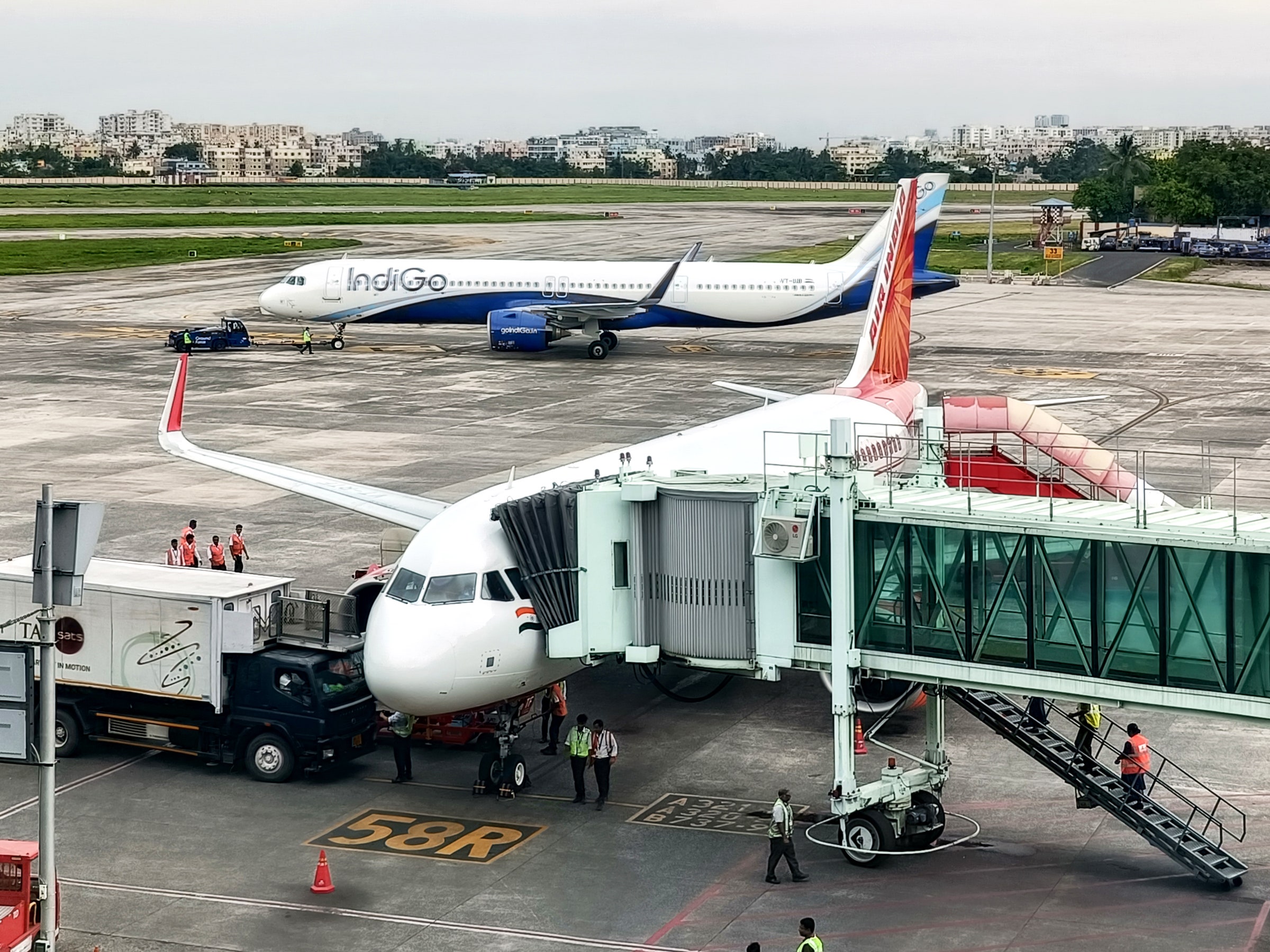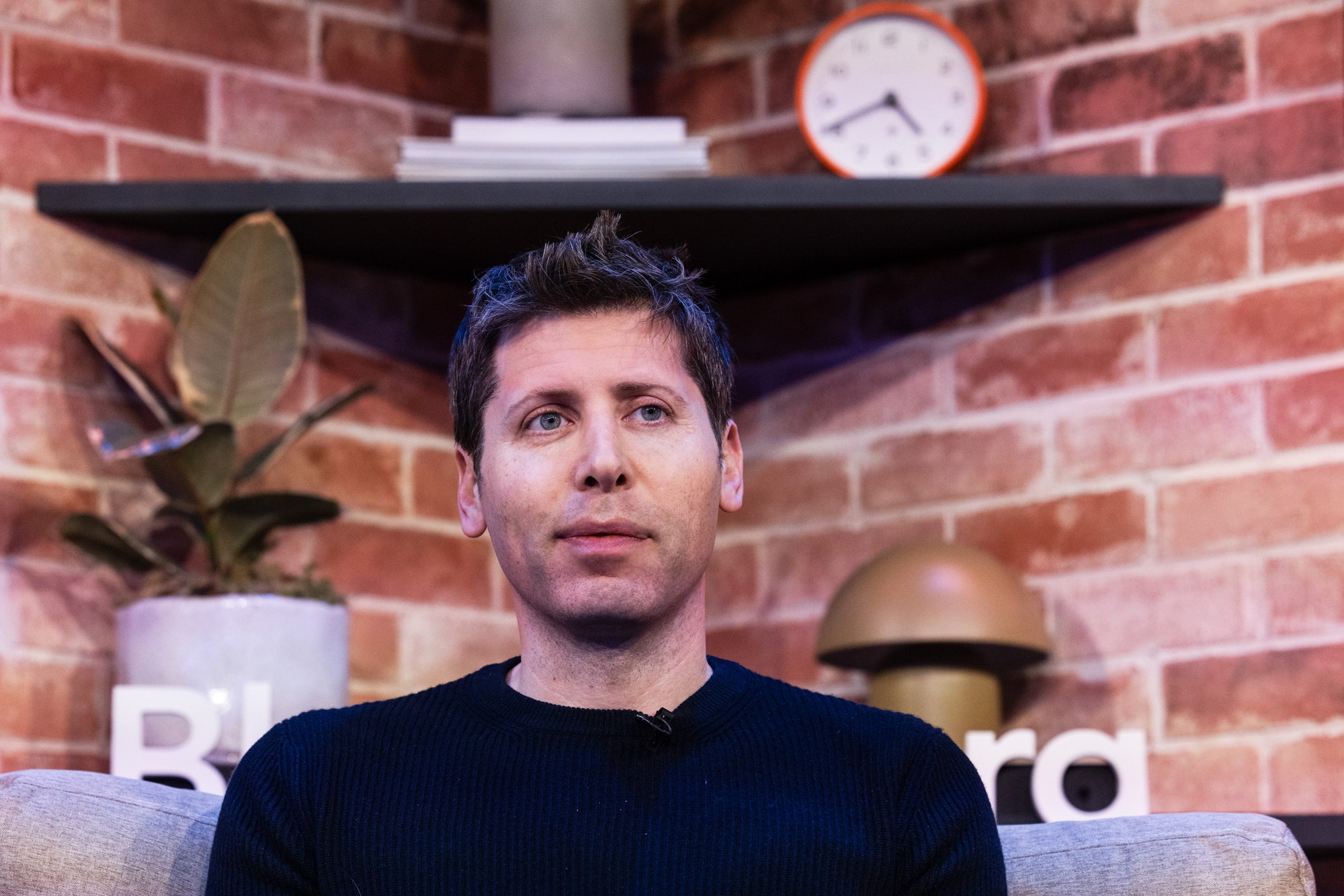Pilots Are Dying of Tiredness. Tech Can’t Save Them
…

Pilots Are Dying of Tiredness. Tech Can’t Save Them
Being a pilot is a highly demanding job that requires long hours of concentration and focus. However, recent reports indicate that many pilots are suffering from fatigue, putting their lives and the lives of passengers at risk.
Despite advancements in technology that aim to make flying safer and more efficient, fatigue remains a significant problem in the aviation industry. Pilots often work long hours, crossing multiple time zones and dealing with irregular schedules that disrupt their sleep patterns.
Research has shown that fatigue can impair cognitive function, reaction time, and decision-making abilities – all critical skills for pilots. In some cases, fatigue has been cited as a contributing factor in aviation accidents.
While technology can help in monitoring pilot fatigue through devices that track sleep patterns and alertness levels, it cannot replace the need for adequate rest and proper scheduling. Pilots must be given sufficient time off between flights to rest and recuperate.
Regulations and guidelines are in place to address pilot fatigue, but more needs to be done to ensure the safety of both pilots and passengers. Airlines must prioritize the well-being of their crew members and take measures to reduce fatigue-related risks.
It is crucial for the aviation industry to recognize the dangers of pilot fatigue and work towards implementing strategies that promote better sleep hygiene and scheduling practices. Only then can we truly ensure the safety and security of air travel for everyone involved.
Ultimately, while technology can play a role in mitigating fatigue, it cannot completely solve the problem. Pilots are human beings with limits to their endurance, and it is essential that we prioritize their well-being to avoid tragic consequences.





